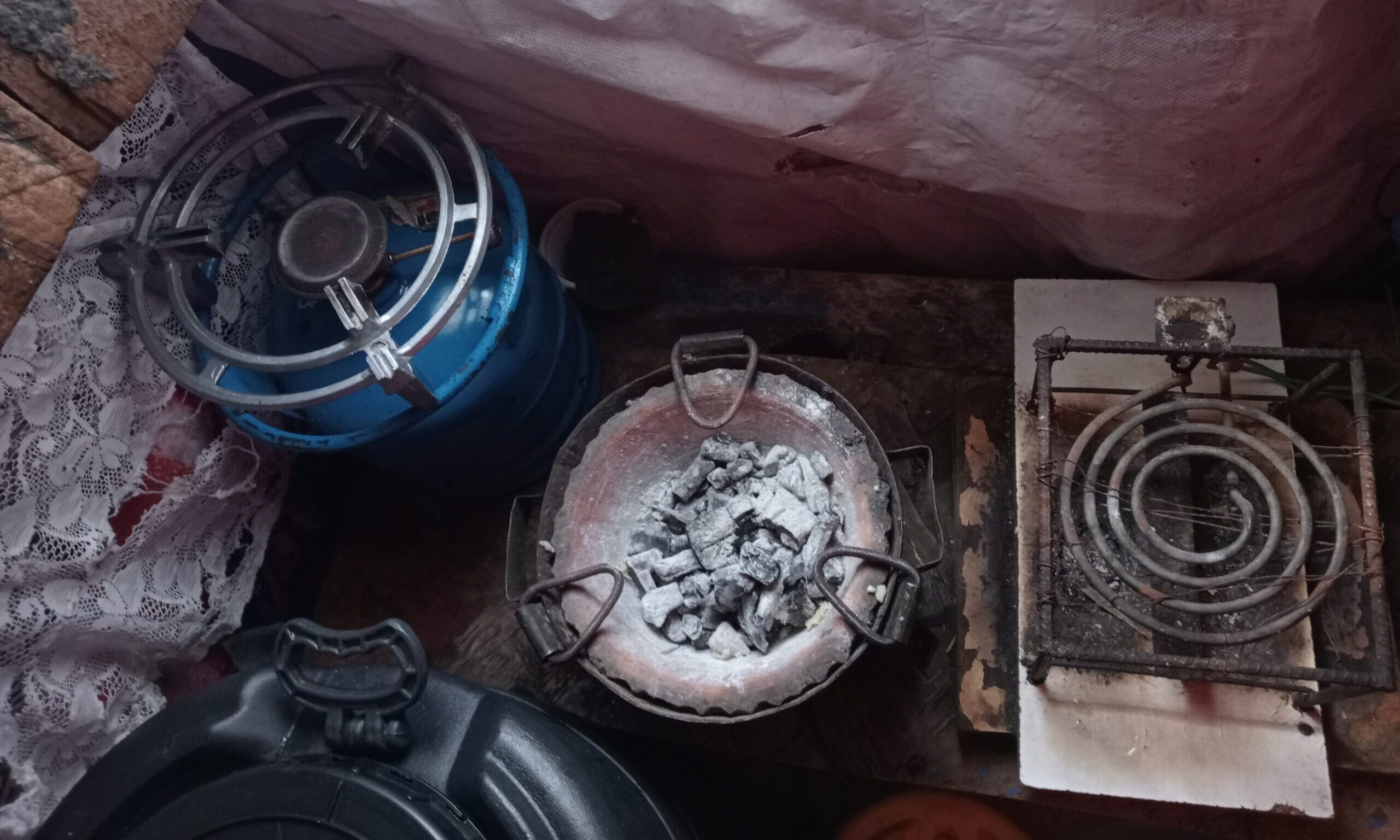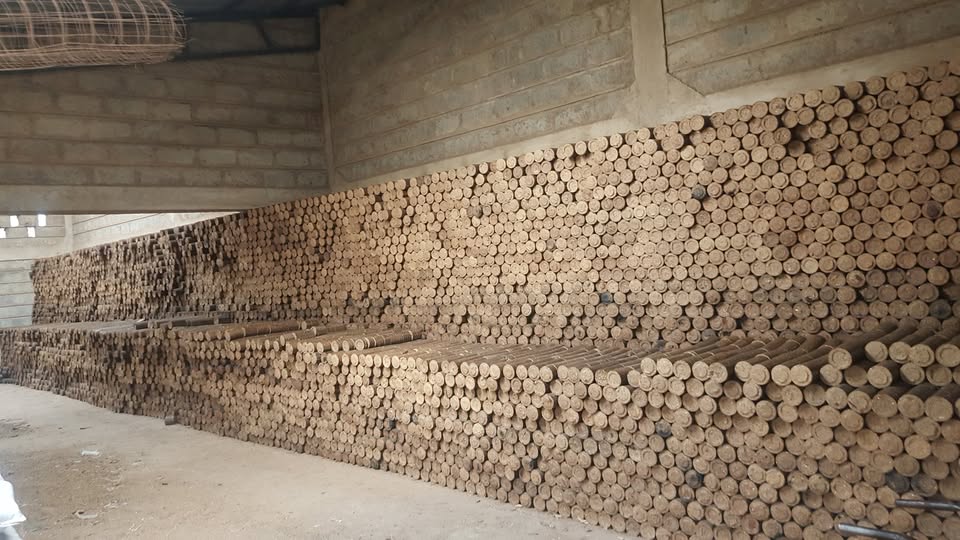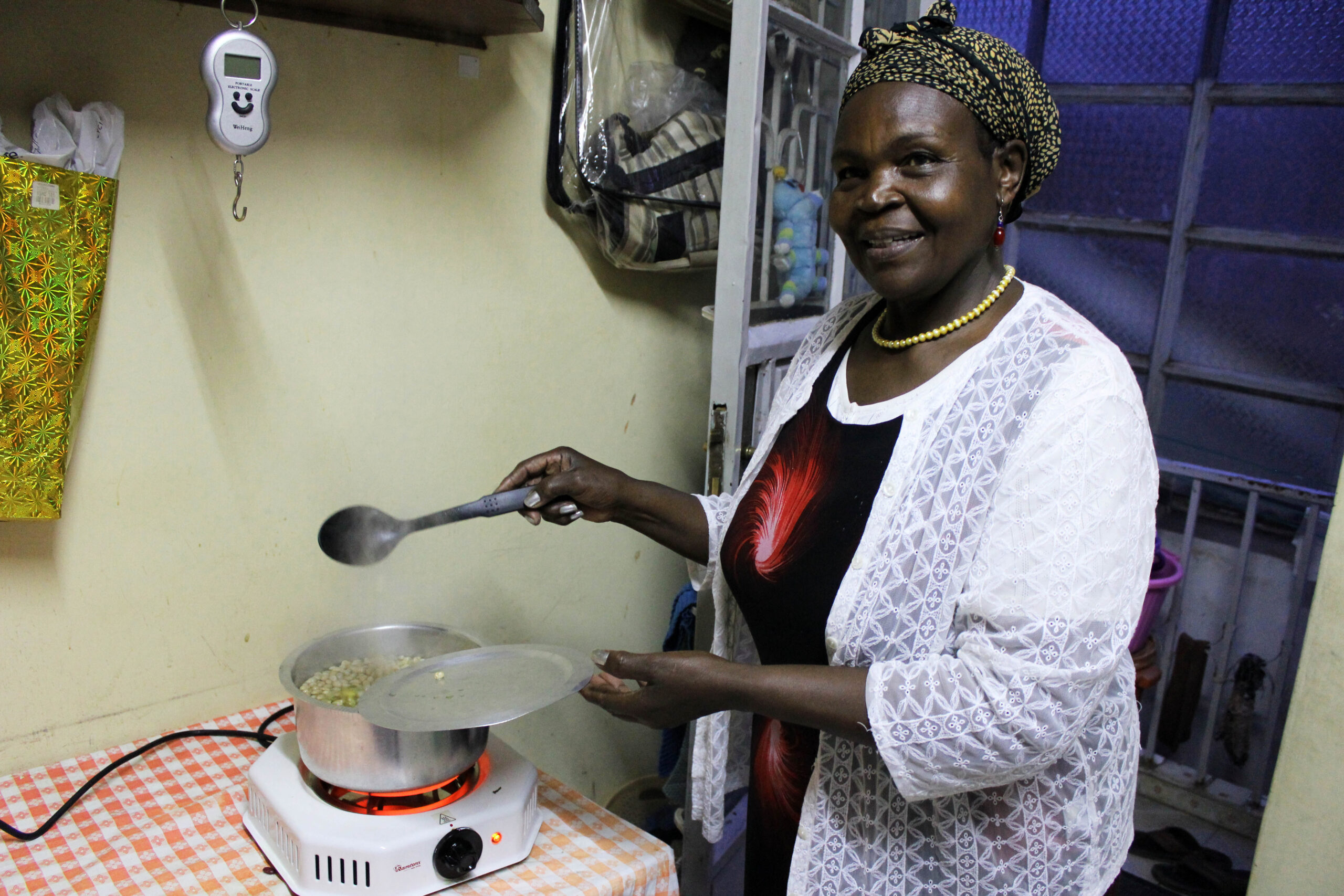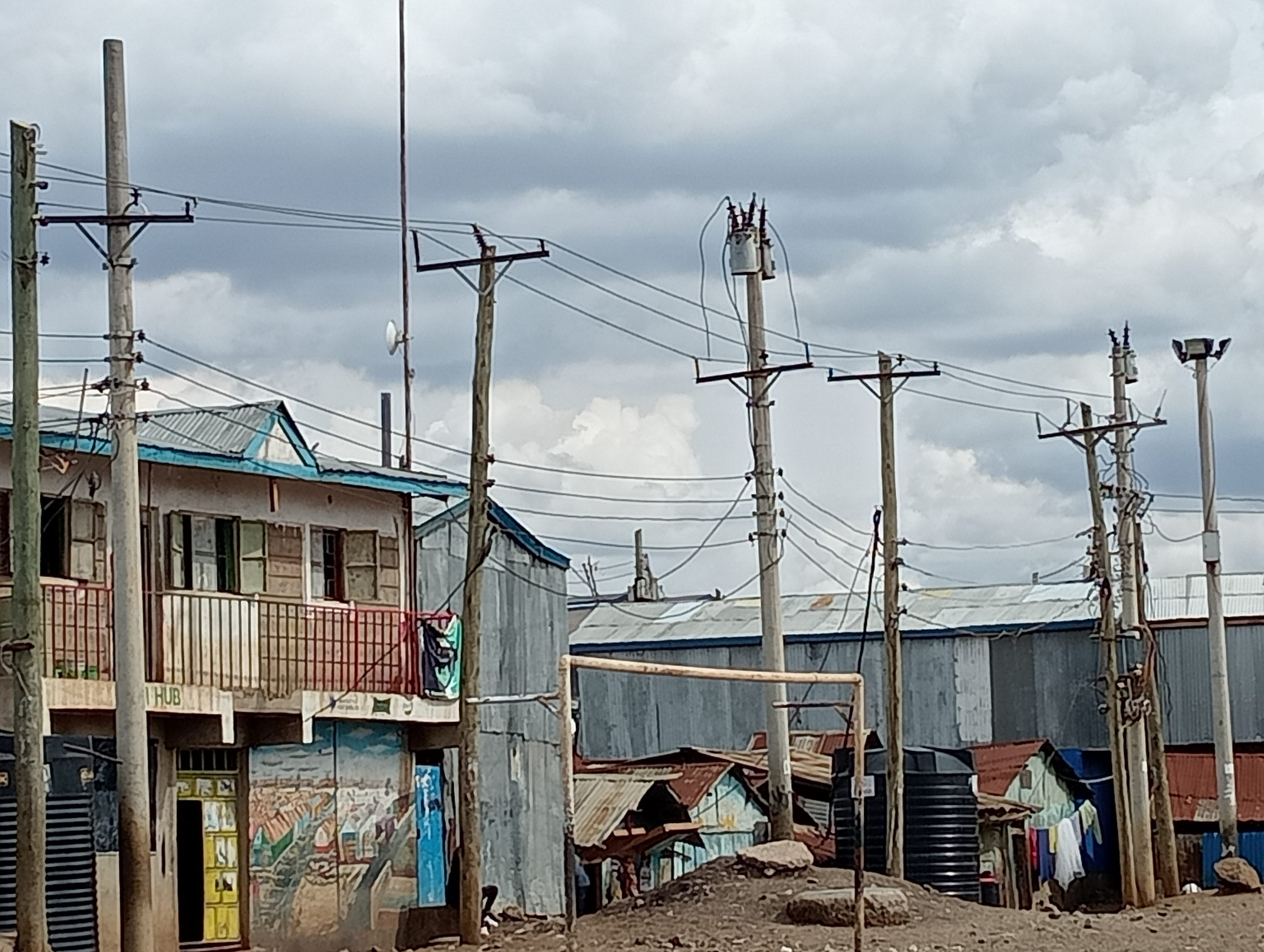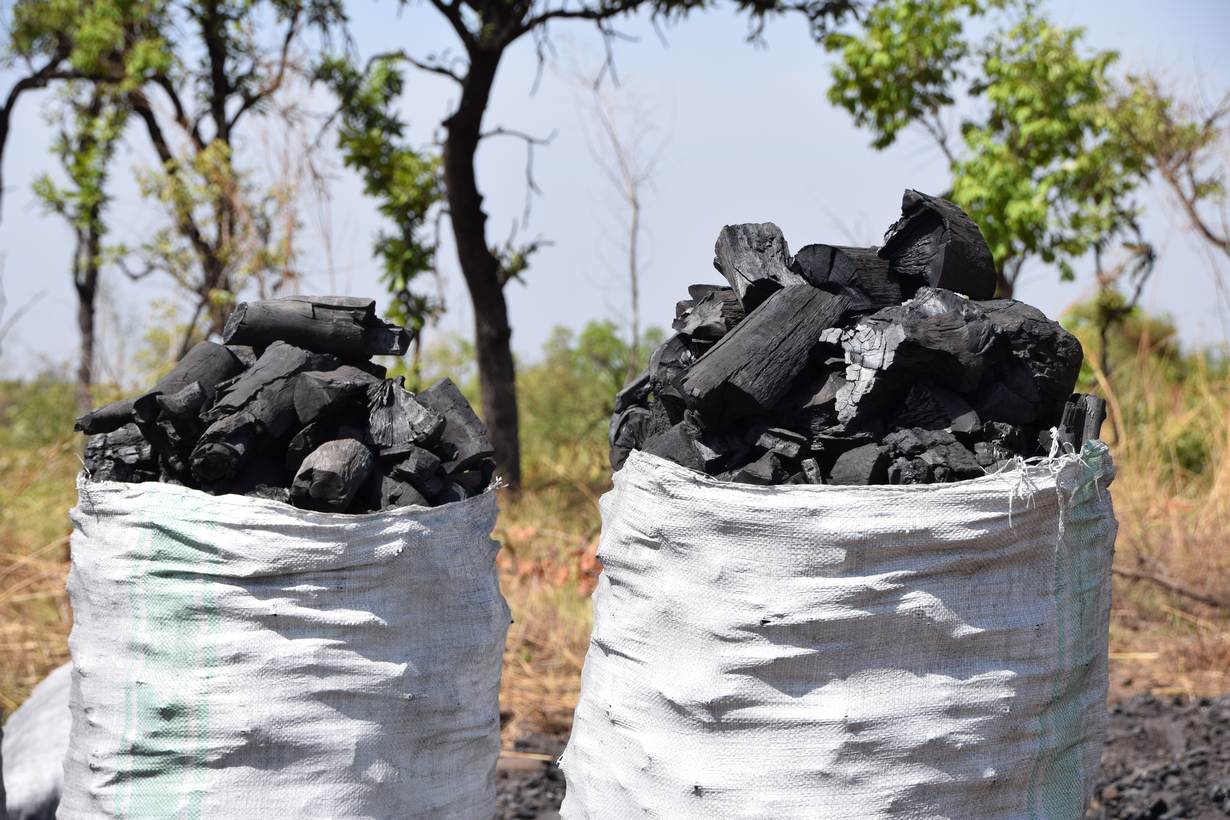project details
Evidence Use in Biomass Cooking Policy: Understanding Stakeholder Influence and Framing in Kenya and Tanzania
Research Area
Project Status
Ongoing
Start Date
2024
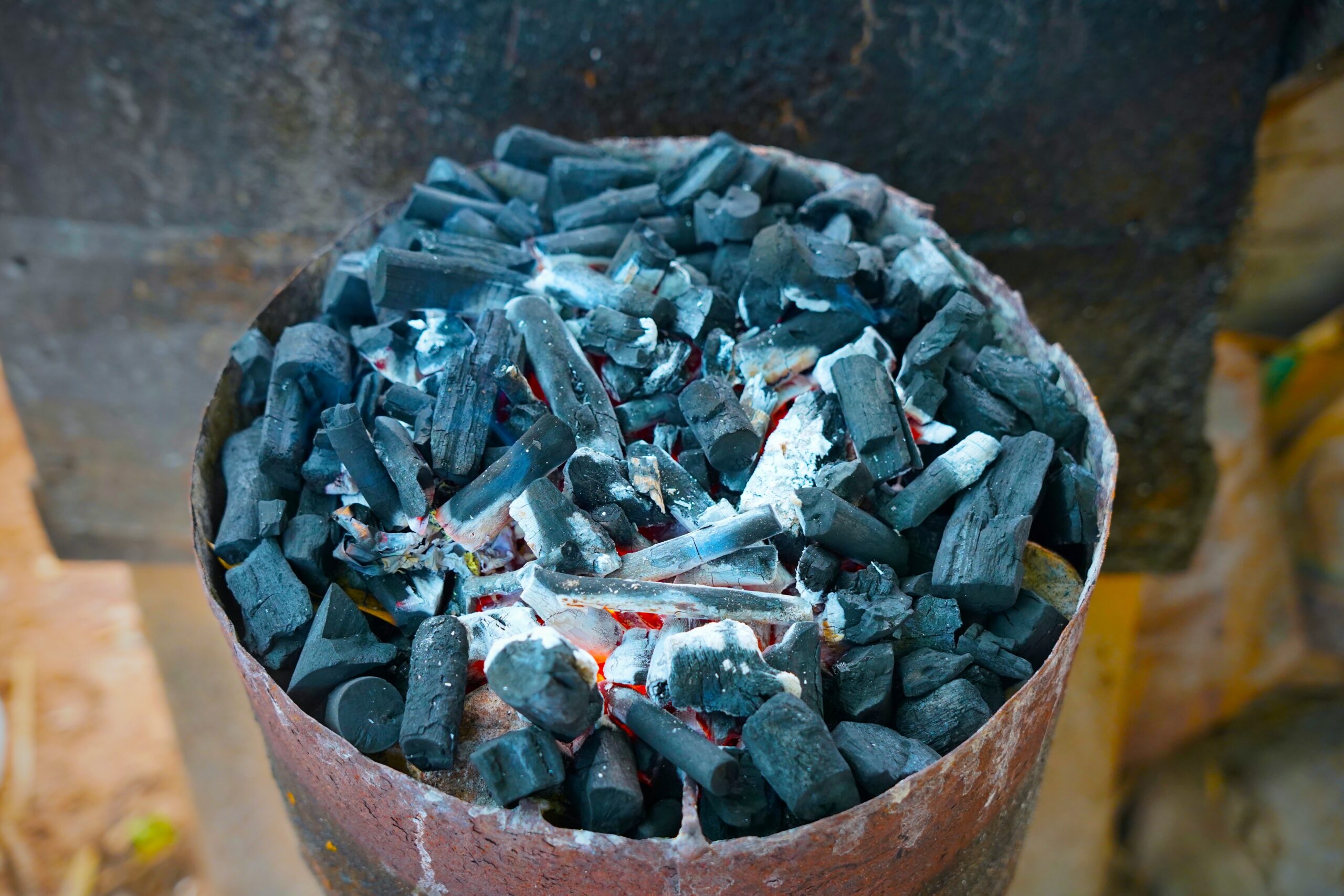
Project Overview
Sustainable Development Goal 7 calls for a transition to affordable, reliable, and clean cooking by 2030. However, about one billion people in sub-Saharan Africa (SSA) still cook with polluting biomass fuels and technologies such as charcoal and firewood burned in rudimentary stoves. The drive to substitute these traditional cooking practices with “clean” fuels manifests mostly in two pathways; improving combustion of biomass fuels with improved cooking stoves, and switching to alternative cleaner fuels like LPG, electricity, ethanol, among others.
In recent years, policymakers have preferred the fuel substitution pathway, justified through the prerogatives of preventing deforestation, improving population health, and reducing drudgery for women. However, the evidence behind this is mixed, creating uncertainty and information asymmetries. Recent studies have found the links between biomass cooking and deforestation to be unclear and the tangible health impacts of fuel switches to be negligible. There is inadequate consideration of the detrimental aspects of promoting imported fuels over locally produced ones, which can be harmful to rural livelihoods, affordability of fuels, and sovereignty of supply chains. Clean cooking policymaking is complex, encompassing a diverse set of actors, agendas, and evidence, and is consequently failing to have its intended impact.
Building on existing science-policy interface and implementation science literature, this project aims to provide a context-specific understanding of how evidence is used to make policy decisions about biomass cooking (firewood and charcoal) and its substitution with clean cooking fuels in both Kenya and Tanzania. The project will then identify opportunities to bridge the gap between evidence, policy development, and implementation.
Methodologies
The project will incorporate a mixed methods approach involving literature review, qualitative key informant interviews, and ethnographic observations:
Literature review
An intensive desktop policy and evidence review will be conducted to review household and institutional cooking policies, legislation, regulations, strategies, and action plans from 2000 to present. A desk-based audit of key clean cooking programmes from 2000 onwards will also be conducted. These are often funded by international donors and influenced by their own agendas over government policy. In parallel, a structured literature search on biomass cooking and production in Kenya and Tanzania will also be done.
Key informant interviews
50 in-person interviews will be done in each country with relevant government, donor, private sector, research, and industry organisations. The interviews will explore attitudes towards different fuel types; key influencers behind clean cooking energy policies and programmes; opinions on how well clean cooking policies match country realities; experiences of the policy cycle – how and which evidence is incorporated, who holds the most influence, where it works well, where it falls short; and how policy is designed, enacted, and implemented. In Tanzania, the team will potentially travel to rural areas to incorporate perspectives of biomass production communities.
Ethnographic study of key events
This will be done through observations of policymaking discourse and practice through attendance of clean cooking forums and events in both Kenya and Tanzania.
Expected Outputs
- Stakeholder mapping of different stakeholders involved in biomass and clean cooking fuel policy process in Kenya and Tanzania.
- Policy mapping of biomass policies in both countries, checking for evidence used in the policymaking process.
- Comparative analysis of in-country evidence use theory for biomass cooking policymaking.
- Dissemination workshops in Kenya and Tanzania disseminating findings to local policymakers, researchers, practitioners and donors.
Partners
See More Projects
Physical Address
No. MK088, Ushindi West Avenue,
Mukuyu Rd (Mukuyu West Wing), Thome 1
Nairobi, Kenya
Organization
Subscribe for newsletter & get news, events and publications updates
Contact Us
Office Tel: (+254) 20 8009928 |
Mobile: (+254) 706 324 467
© 2026 Nuvoni Research

